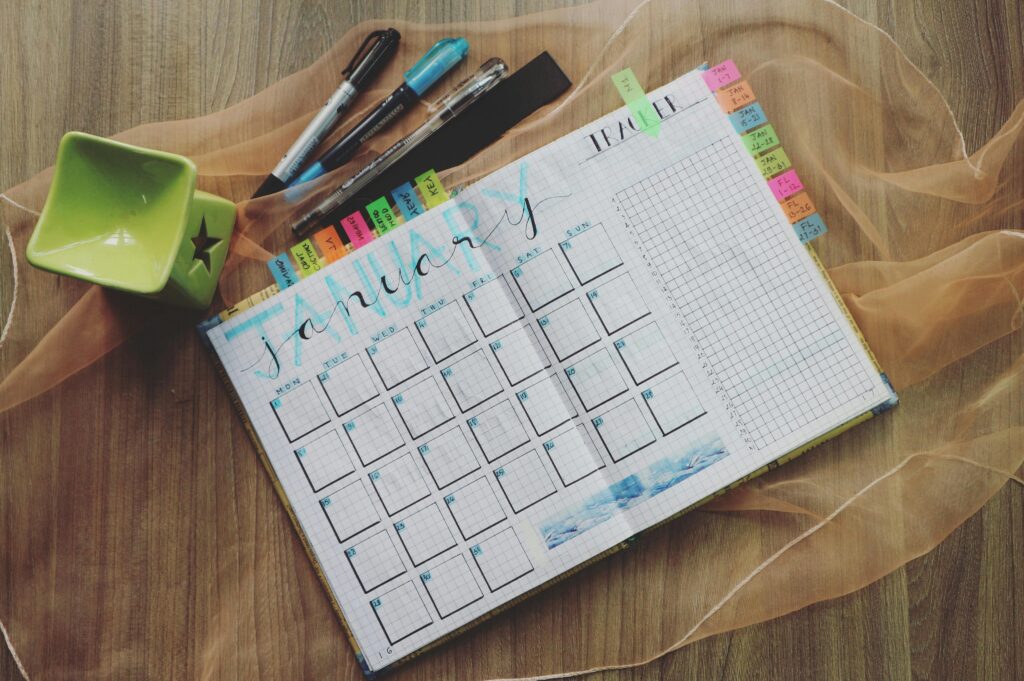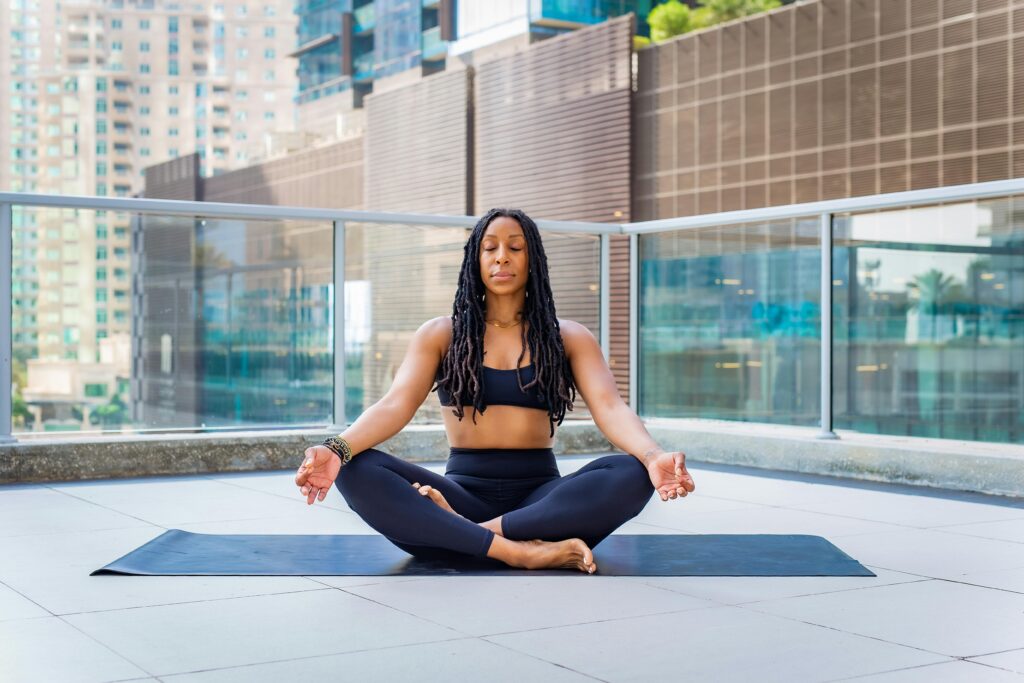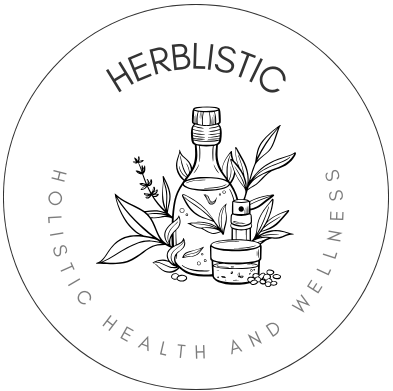Self-care is essential for maintaining a balanced and healthy lifestyle, but in today’s busy world, it can often feel like one more thing on the to-do list. The key to creating a sustainable self-care routine is to approach it holistically—caring for your mind, body, and spirit in a way that feels nourishing and authentic to you. A holistic self-care routine isn’t just about pampering yourself with bubble baths or face masks; it’s about integrating practices that nurture every part of your being.
In this post, we’ll explore how to create a holistic self-care routine that works for you, taking into account your individual needs and preferences.
Step 1: Assess Your Needs

Before you can create an effective self-care routine, it’s important to take a step back and assess your current state. Ask yourself the following questions:
- How do I feel physically, emotionally, and mentally?
- Are you feeling stressed, overwhelmed, or burned out? Or are you experiencing physical discomfort, like muscle tension or digestive issues?
- What areas of my life need more attention?
- Do you need more rest, more social connection, or more time for creativity and personal growth? Understanding where you’re lacking will help you prioritize your self-care practices.
- What practices make me feel restored?
- Think about past experiences where you felt rejuvenated. Was it a quiet walk in nature? A conversation with a friend? A yoga class or a warm bath?
Taking the time to reflect on these questions will give you a clearer understanding of what your mind, body, and spirit need right now.
Step 2: Set Realistic Goals

Once you’ve assessed your needs, it’s important to set realistic, achievable goals for your self-care routine. Rather than committing to an elaborate schedule that you may not be able to keep up with, focus on creating small, sustainable habits that fit into your daily life.
Examples of realistic self-care goals:
- Spend 10 minutes in meditation every morning before starting your day.
- Take a 20-minute walk in nature during lunch breaks.
- Drink a glass of water before your morning coffee to stay hydrated.
- Go to bed 30 minutes earlier to prioritize rest.
- Journal for 5 minutes each night to process emotions.
The key is to start small and build on your successes. When you feel good about sticking to one or two practices, you can add more.
Step 3: Focus on Mind, Body, and Spirit

A holistic self-care routine isn’t just about physical pampering—it’s about balancing the needs of your mind, body, and spirit. Here’s how to integrate self-care practices for each of these aspects:
Mind
Self-care for the mind involves calming the mental clutter and nurturing your emotional well-being. Here are some practices to consider:
- Mindfulness & Meditation: Set aside time each day for mindfulness or meditation. These practices can reduce stress, improve focus, and cultivate a sense of inner peace.
- Journaling: Writing about your thoughts and feelings can help you process emotions and gain clarity on any challenges you’re facing.
- Reading or Learning: Engage your mind in ways that bring you joy and growth. Whether it’s reading a book that inspires you or taking up a new skill or hobby, mental stimulation can be a powerful form of self-care.
Body
Your body needs rest, nourishment, and movement. Here are some body-focused self-care practices:
- Exercise: Movement is essential for physical well-being, but it doesn’t have to be intense. A gentle yoga flow, a walk around the block, or a quick stretching routine can work wonders for releasing tension.
- Sleep: Prioritize restful sleep by creating a bedtime routine that helps you wind down—this might include reading, sipping herbal tea, or doing light stretches before bed.
- Nourishing Foods: Eating a balanced, whole-food diet is key for your body’s health. Focus on nutrient-dense foods like fruits, vegetables, whole grains, and healthy fats. Avoid processed foods that can drain your energy.
Spirit
Self-care for the spirit is about nourishing your inner world and connecting with your higher self. Here are some ways to cultivate spiritual wellness:
- Gratitude Practice: Start or end your day by writing down three things you’re grateful for. This practice helps shift your focus to the positive and cultivates an abundant mindset.
- Time in Nature: Spending time outside, whether it’s walking in a park or sitting in your garden, can help you feel connected to the earth and your spiritual self.
- Spiritual Practice: Whether it’s prayer, affirmations, or practicing mindfulness, engaging in a spiritual practice can provide a sense of purpose and peace.
Step 4: Create a Flexible Routine

The beauty of a holistic self-care routine is that it doesn’t have to be rigid. Life is full of unpredictability, and some days you’ll have more time to care for yourself than others. The goal is to integrate self-care practices into your life in a way that feels natural and flexible.
Here’s an example of a flexible, holistic self-care routine:
- Morning
- Start the day with a 5-minute meditation or deep breathing exercises.
- Drink a glass of water to hydrate.
- Enjoy a nourishing breakfast, like oatmeal with fruits and nuts.
- Midday
- Take a 10-minute walk to refresh your mind and body.
- Have a nutritious lunch with plenty of veggies and lean protein.
- If possible, spend a few minutes journaling or practicing mindfulness.
- Evening
- Set aside time for a calming evening ritual, like a warm bath, reading, or light stretching.
- Disconnect from screens an hour before bed to ensure better sleep quality.
- Practice gratitude and reflect on the day.
The key is to be gentle with yourself and adjust your routine as needed. On busier days, you might opt for just one or two practices; on more relaxed days, you may have time for a more extensive routine.
Step 5: Reevaluate and Adjust as Needed

As with any routine, it’s important to check in with yourself regularly and make adjustments. What worked for you last month might not feel right today, and that’s okay. Holistic self-care is about evolving and adapting to what your body and mind need at any given time.
Each week, take a few minutes to reflect on your routine:
- How are you feeling physically, mentally, and emotionally?
- Are there any areas that feel neglected or overextended?
- Is there a practice you’d like to add, or one that you need to let go of for now?
By reassessing your routine regularly, you can ensure it continues to nourish and support you in a balanced way.
Conclusion: Embrace the Journey
Creating a holistic self-care routine that works for you is an ongoing process, and it may evolve as your needs change. The most important thing is to make time for practices that nurture your mind, body, and spirit. By incorporating self-care into your daily life in a balanced and intentional way, you can cultivate a deeper sense of well-being and fulfillment.
Remember, self-care is not selfish—it’s essential for maintaining your overall health and happiness. Be kind to yourself, and embrace the journey of self-discovery and self-love.

I enjoy how you made it simple and practical for me to get started. Keep going and thank you for the information!
Thank you!